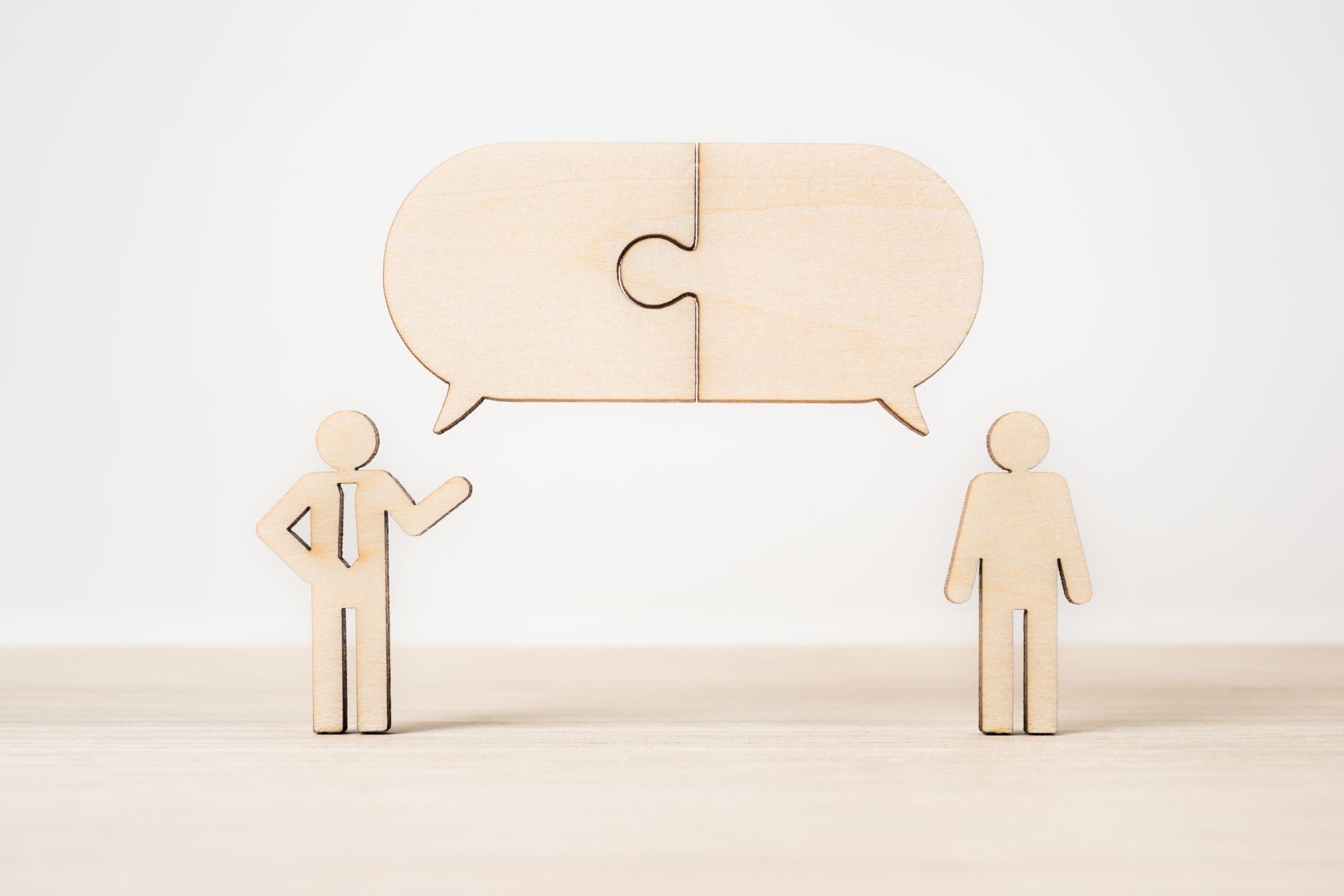
Amid the grief, the sorrow, the anger, and the anguish surrounding the Israel-Hamas war, is dialogue still possible? The horrific attacks of October 7th, and the ongoing humanitarian catastrophe in Gaza, have left both individuals and institutions bereft.
For an organization like the Institute for Islamic, Christian, and Jewish Studies (ICJS), whose mission is to dismantle religious bias and bigotry and to build interreligious community through dialogue, the answer is yes—we must try to speak to one another, particularly about hard topics.
ICJS’ initial statement in the days after Hamas attacked Israel urged three actions: to mourn the dead and weep for the suffering; to stand against antisemitic and Islamophobic bigotry; and to dialogue. We knew that dialogue would be difficult, but that it must continue.
Since then, ICJS has been at work convening conversations about how the Israel-Hamas war has impacted each of us spiritually, personally, professionally, and communally. To date, ICJS has led 15 educational and dialogue programs with diverse groups.
What is most needed in this moment are small face-to-face conversations. These are rooted in the foundational ICJS Values of Dialogue, which calls for patience, humility, curiosity, and courage even when—especially when—it seems difficult, almost impossible. Dialogue does not require agreement. Rather, the goal is to continue to be in relationship, even when differences are irreconcilable.
“Leaders are looking to ICJS for help in addressing issues dealing with religious difference,” said Heather Miller Rubens, ICJS’ executive director and Roman Catholic scholar.
“They’re confused, afraid, and overwhelmed. They want to stop rising antisemitism and Islamophobia in their communities, but they don’t know what to do,” Rubens said.
To address this need, ICJS began convening sessions on the Israel-Hamas war in November. ICJS gathered people who have deep connections with ICJS and a robust commitment to interreligious dialogue—starting with the Board of Trustees and alumni of ICJS fellowship programs.
Participants in these early conversations reported that the face-to-face dialogues were useful, moving, and unique—there are few spaces in our community where dialogue about deep differences on this issue is happening.
Facilitated dialogue sessions allow participants to practice the skills of dialogue and listening about the current conflict. The purpose of the session is not to change anyone’s mind, but to encourage listening, to attempt to build understanding, and to curb demonizing and dehumanizing impulses from taking root in communities.
Miriam Avins, an alum of the ICJS Justice Leaders Fellowship, said that hearing the passion and distress of a fellow Jewish participant “reconnected me with a situation that I find upsetting for sure, but had been seeking an analytical distance from.”
“But what struck me most was the number of Christian people who carried a sense that they had a responsibility—only they didn’t know how to fill it,” she said. “This showed me that there is no thoughtful person who is not suffering moral injury in this time. And while that is very sad, it also made me feel less isolated.”
Supporting students by helping teachers and faculty
ICJS has also brought institutionally tailored programming to multiple Baltimore-area schools in response to an increasing number of requests by school administrators to help teachers and administrators talk about these issues amongst themselves, and empower them to engage in conversations with students and parents.
Rasha El-Haggan, the assistant head for academics at Friends School of Baltimore, said she found the experience of dealing with reactions to the Israel-Hamas war overwhelming.
At first she heard from concerned parents, asking, “How are we going to support our students in this?”
“But in order to support students, we need to support faculty, because faculty were incredibly confused on how to navigate this,” El-Haggan said.
She reached out to ICJS.
Learning about the concept of dialogue versus debate has been particularly helpful, she said. In dialogue, unlike in debate, one does not try to win an argument. She recently referenced this in speaking with the school’s board of trustees.
“I was saying that I’ve learned to define dialogue as two people having irreconcilable differences, but hearing each other. Me being able to repeat that person’s point back to them, and them saying, ‘Yes, that’s what I said,’ ” she said.
“And when I say that, people are actually moved.”